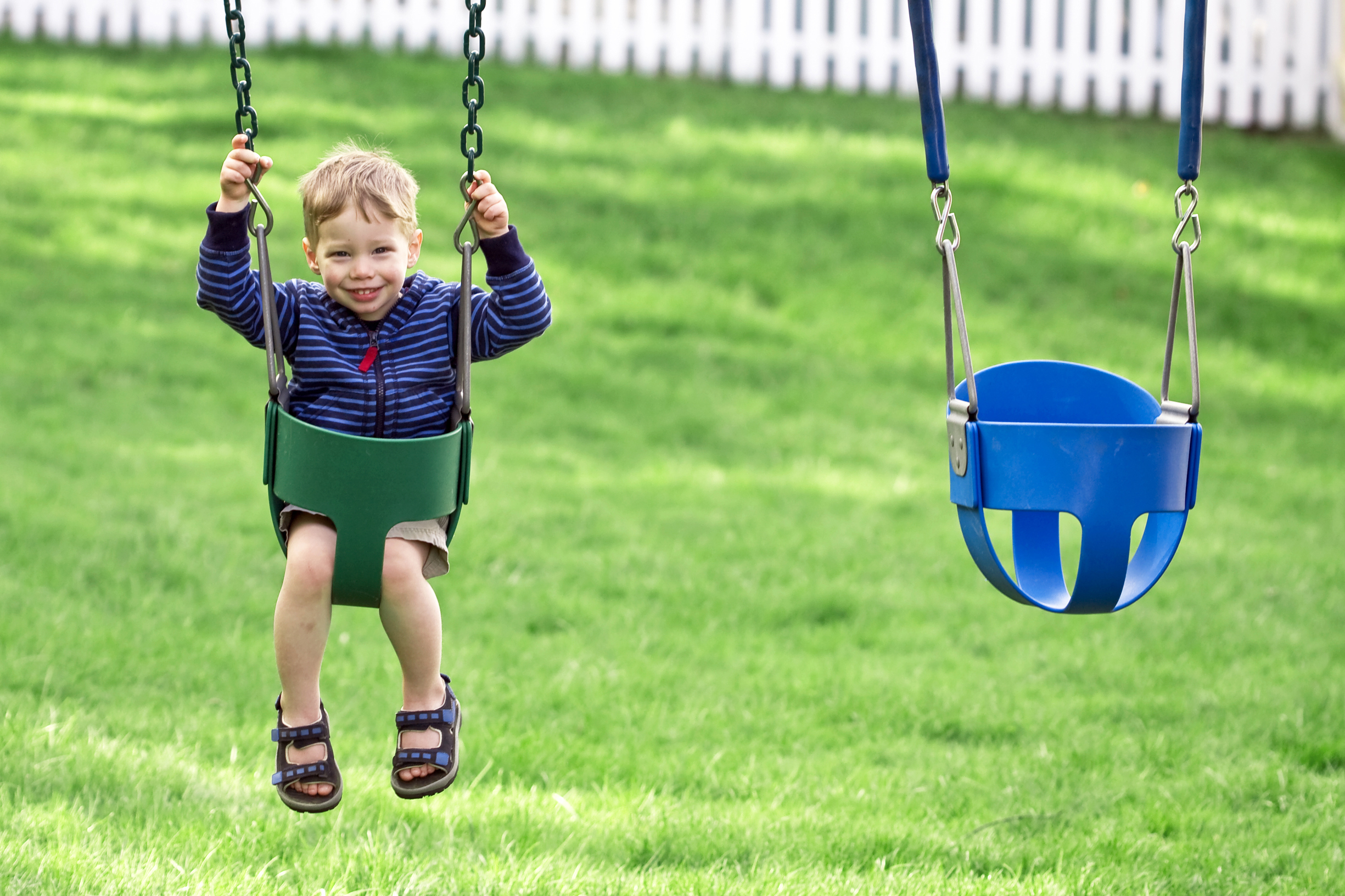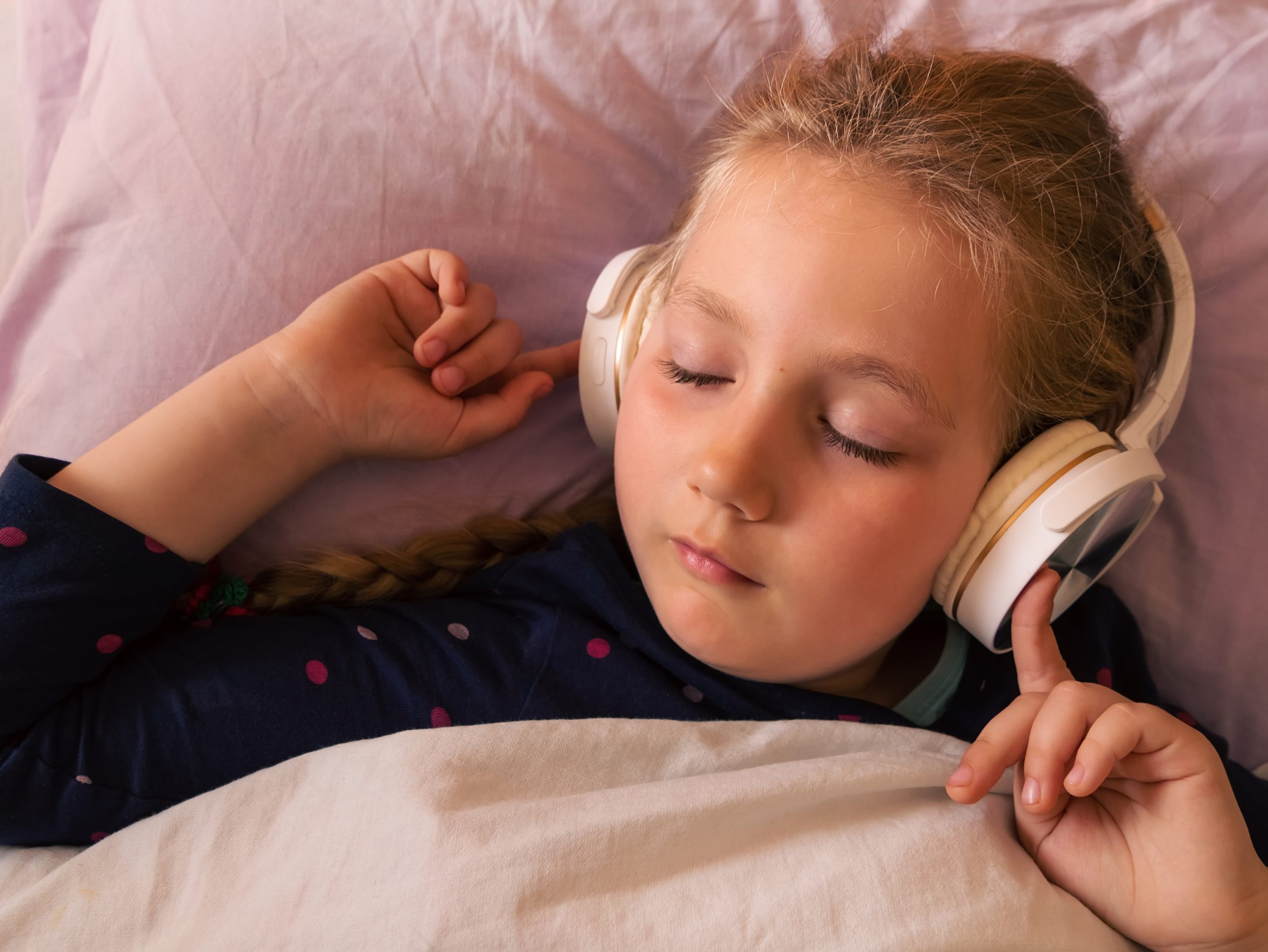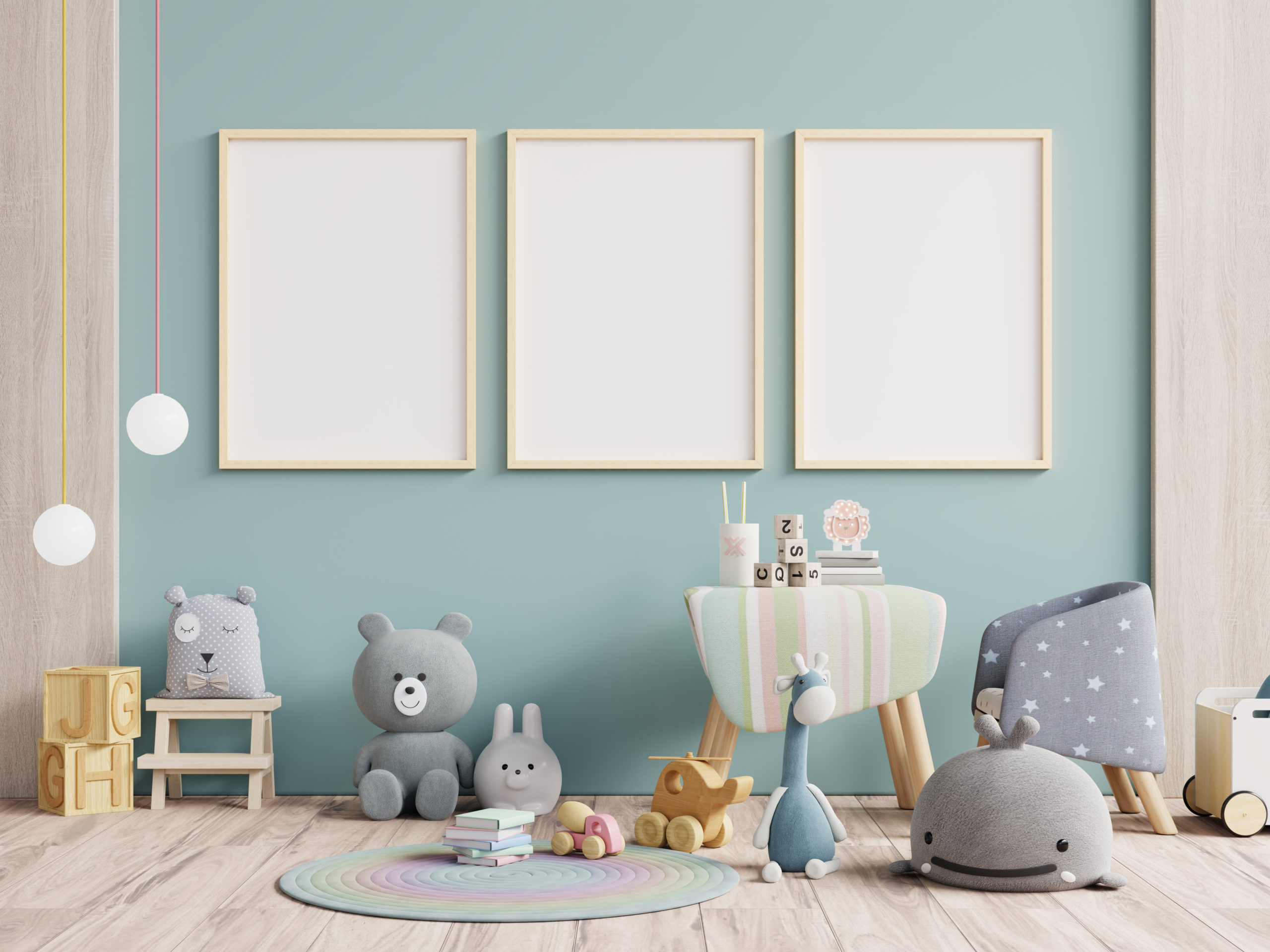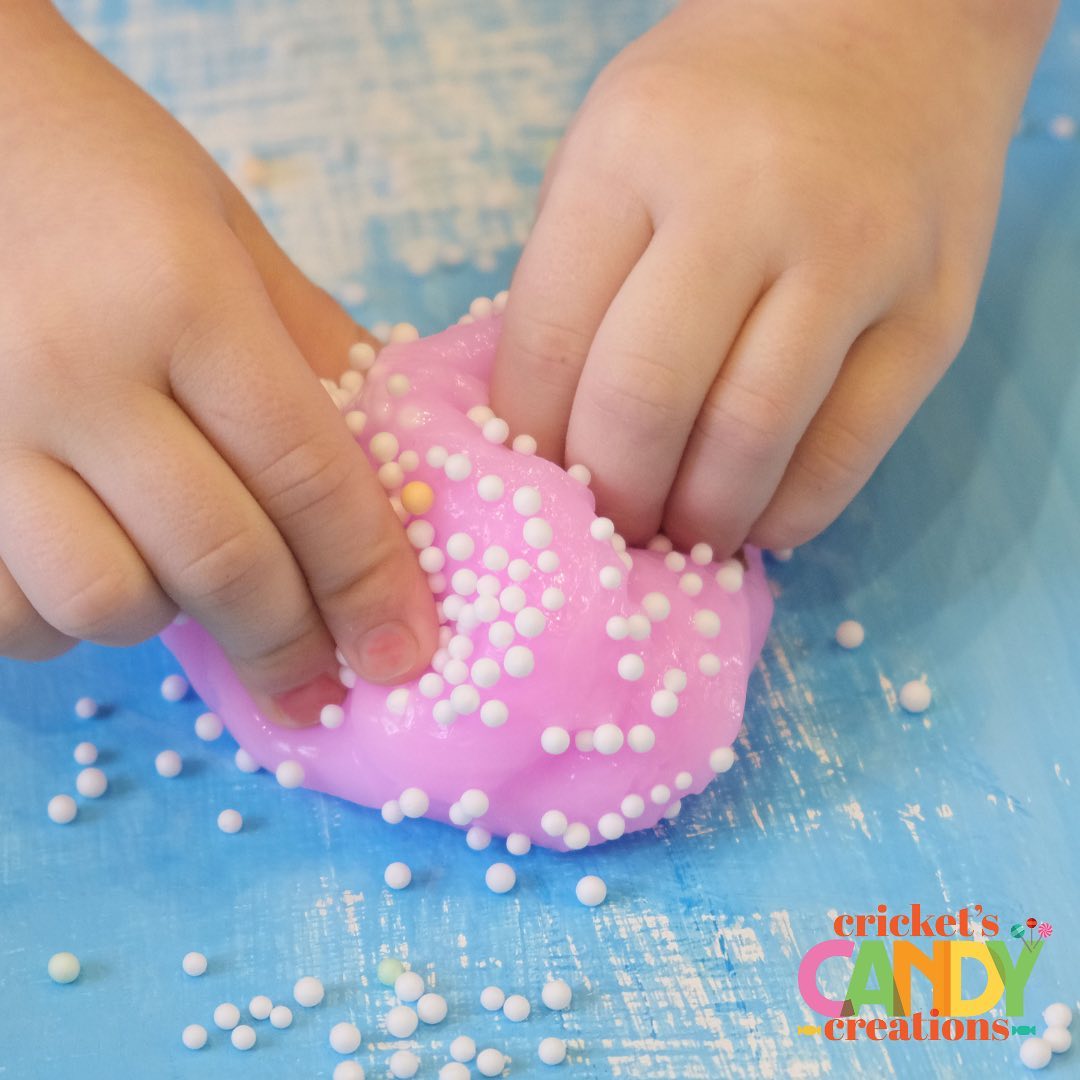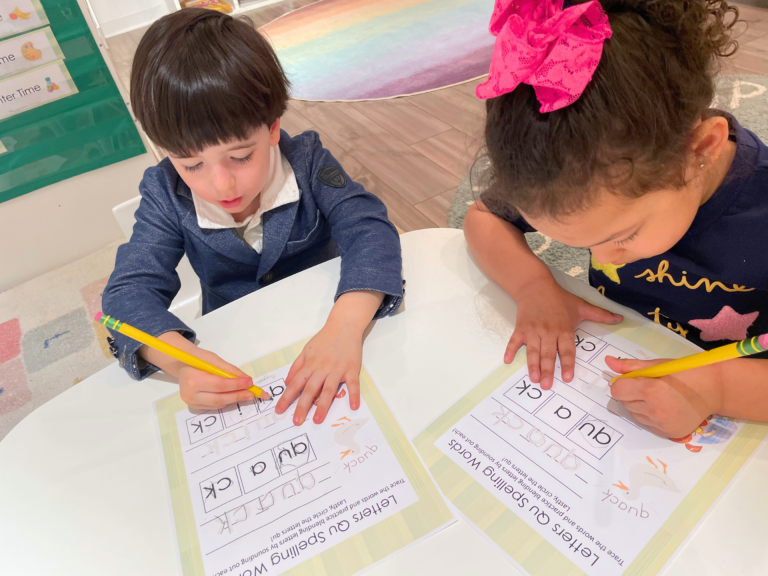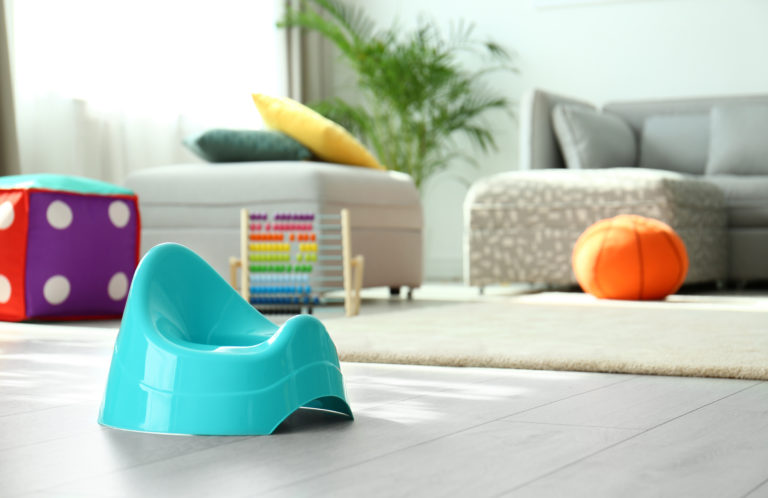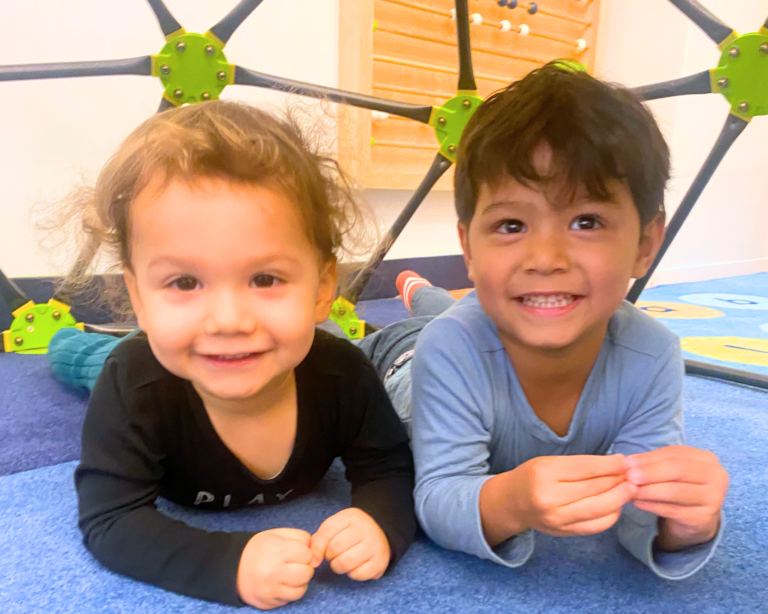The Benefits of a Sensory Diet
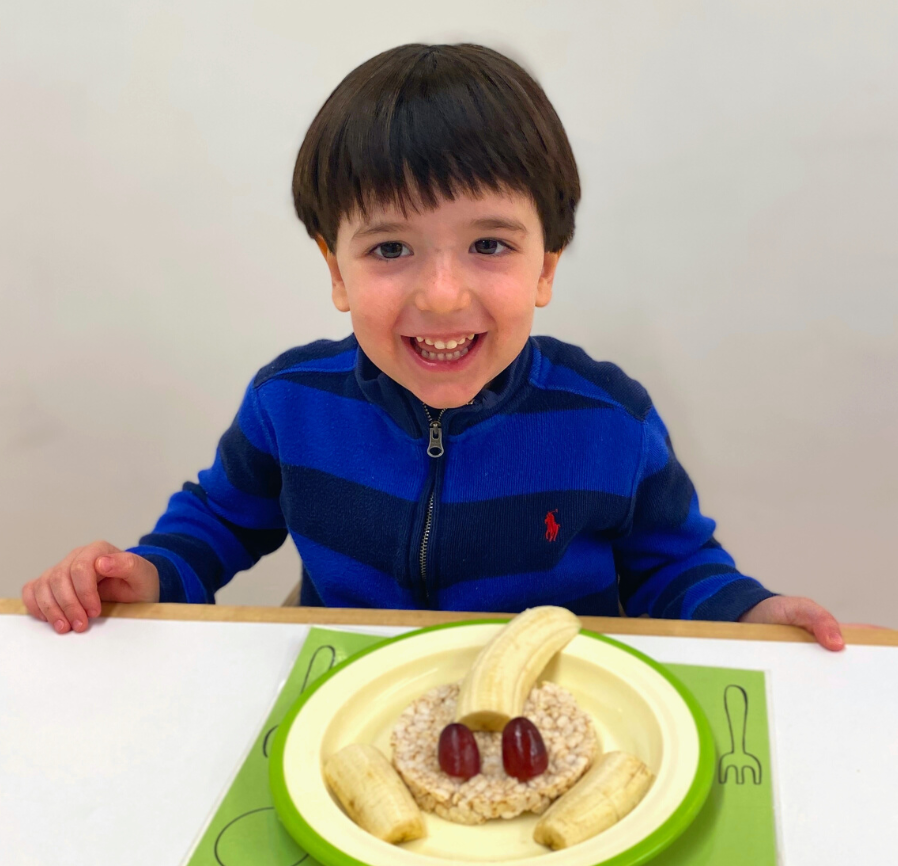
Using the Senses to Stay Engaged! – Parenting Tips with Playgarden Prep
We’ve all had the experience of being sedentary in the middle of the afternoon and feeling dozy, whether at the office or in the classroom. Everybody has a different method of staying awake; chewing gum, going for a walk, or fiddling with a pen or pencil are all useful tactics we can use to beat the snooze! Basically, you are providing your body with the sensory experience that it needs to function better. For little ones, especially those with sensory processing trouble, these needs are even more urgent. That’s where the “sensory diet” (aptly named by Occupational Therapist Patricia Wilbarger) comes into play! Just as we try to eat a variety of foods to stay nourished and satiated, your little one needs similar levels of sensory stimulation for their senses in order to function well, though not necessarily through eating. With the rise of virtual preschools, primary, and secondary schools, the incorporation of a sensory diet can be really useful in helping your little one to overcome behavioral challenges or triggers.
So how exactly does it work? This parenting tip is actually pretty simple, and very easy to incorporate into your little one’s daily life! To begin with, if you feel that your little one might benefit from a sensory diet, a good idea is to get in touch with an occupational therapist. This way, you can be certain that the actions you take to aid your little one will be most beneficial to them, as well as being the most effective in helping them overcome behavioral challenges. Some signs that your little one might benefit from a sensory-focused diet are as follows:
- They are extremely physically active (so much so that they cannot complete tasks), or they look and act extremely tired or lethargic.
- They are unable to settle down after being privy to a busy environment, or are very wound up by activity.
- They have difficulty managing their impulses.
- They play very roughly.
- They are restless in group settings, and may have difficulty understanding concepts such as personal space.
- They have trouble sleeping.
Once it’s been identified that your little one may benefit from a sensory diet, the next step is to consider what sensory input will be the most beneficial to your little one’s needs! There are a variety of sensory systems that may be at play or are sources of disruption for your little one. By knowing what each of them are and how they may manifest, you and your little one’s occupational therapist can work together to create a sensory diet that will best suit your little one’s needs! The various symptoms and parenting tips for stimulating the different senses are as follows:
- If you notice your little one has an inclination towards rough play, such as jumping and crashing, they may need sensory input in the proprioceptive system; this system is a movement one and controls coordination and bodily awareness. Proprioceptive input includes sensations from joints, muscles, and connective tissues that provide us with a sense of body awareness.
To stimulate the proprioceptive system, you can roll your child into a blanket burrito! You can also purchase a sensory pod blanket, like this affordable one from Amazon. - If you notice your little one needs near constant movement or is often lethargic and does not want to move, they may need sensory input in the vestibular system; this system is the other movement one, and controls balance as well as how we view our bodies in space.
To stimulate the vestibular system, take your child to a playground and push them on a swing. If you really want to swing for it (pun-intended), you can purchase a sensory swing for your home! - If you notice your little one cannot stop touching or fidgeting with objects, they may need sensory input in the tactile system; this system is one of touch.
To stimulate the tactile system, try some messy play; this DIY Rainbow Spaghetti is a perfect activity for sensory stimulation, and you can even try this with food coloring instead of dye if you’re worried about your little one ingesting any. - If you notice your little one consistently loves to hum, yell or make other noise, they may need sensory input in the auditory system; this system relates to everything having to do with sound.
To stimulate the auditory system, try playing some different calming music or sounds until you find something that your child enjoys. You could purchase a white noise machine, or simply find a playlist on your preferred Music app. Playgarden Online also has some very calming songs in their Music Library, which you can access through the Play & Learn plan for only $14.99 / month. (Or, if you want a discount, keep reading to the end of this article for a surprise coupon!) - If you notice that your child struggles to focus on information passed visually or loves moving and spinning objects, they may need sensory attention for their visual system; this has to do with all we see. Visual input is often overstimulating, so you may need to take some precautions to keep your little one calm.
If your child has visual sensitivity, you can aid by actively being color-sensitive. Steer clear from items in colors that your child find distressing, especially in their room. - If you notice that your little one seeks out objects like crayons or toys to lick, chew, or smell, they may need sensory input in the olfactory and oral sensory systems—these are the systems of smell and taste.
To stimulate the olfactory and oral sensory systems, you can try making some foods that have an appealing texture and/or scent. Our friends over at the Creative Kitchen shared this super fun Edible Slime Recipe with our Playgarden Online students during Miss Cricket’s Cooking Class last year! Miss Cricket also has an awesome candy shop in New York City, where you can create your own slime and other fantastic candy creations; be sure to stop by on your next trip to NYC!
When you know the type of sensory stimulation your little one needs, it becomes fairly easy to incorporate into your daily life. There are a wide variety of other parenting tips and activities that you can discuss with your little one’s occupational therapist that may help fulfill that missing sensory stimulation, and you can tailor it to your family. Your child will be unique in their needs, so fulfilling them is very much going to be an individualized process. What’s important to remember is this: a little bit can go a long way! You do not always have to completely rework your little one’s daily routine in order to help them overcome behavioral and sensory challenges they face, but by incorporating smaller sensory tasks little by little, you will start to see a difference.
Try our Online Preschool for FREE! Playgarden Prep offers numerous parenting tips, educational videos from real teachers, and hundreds of DIY projects that support early learning and development.
PS—Don’t think we forgot about that discount code we mentioned earlier! Join Playgarden Online using the code SENSORY20 for 20% off your membership, or 20% off on your next billing cycle for current members!
Popular
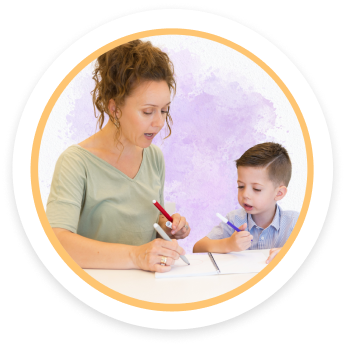

Hi, I'm Miss Charlotte!
Miss Charlotte is an Education Director by trade, and a mom by heart. All 200+ of our DIY projects were created by Miss Charlotte, with the help of her expert DIY assistant—Her 4 year old daughter! With a MST degree in Early Childhood Education and 15 years of teaching experience, her blogs and DIY projects have been an incredible resource for our Playgarden Prep schools. We hope that your family loves them as much as we do!


